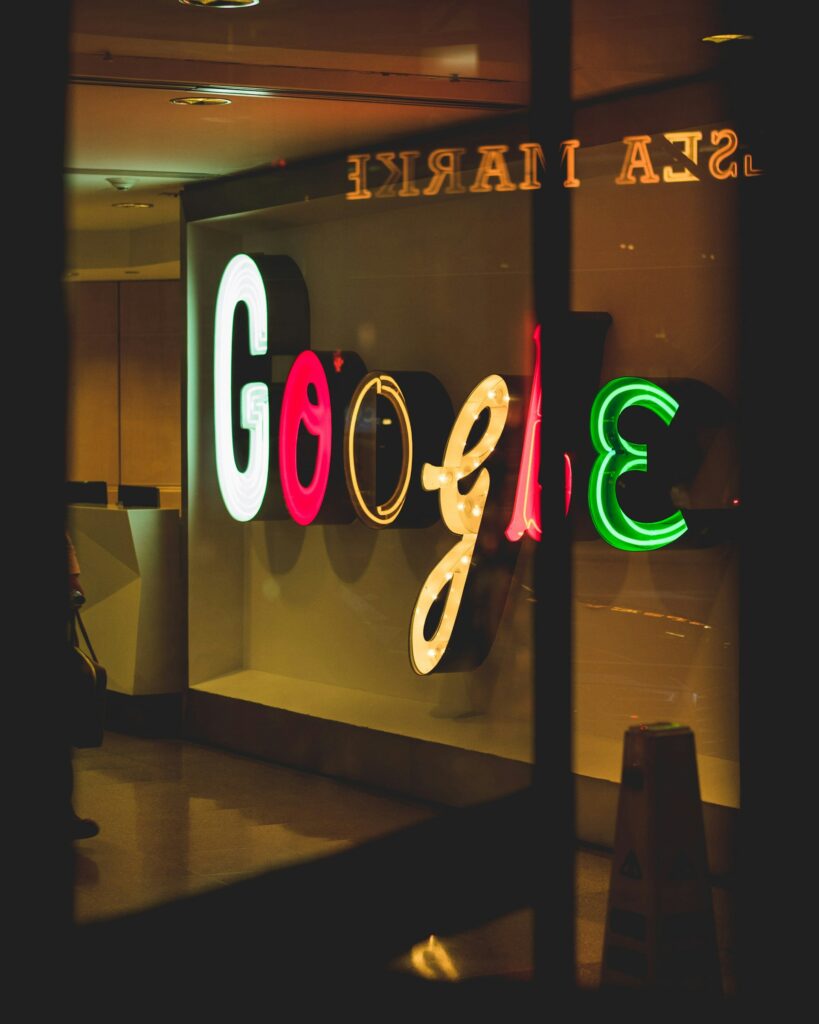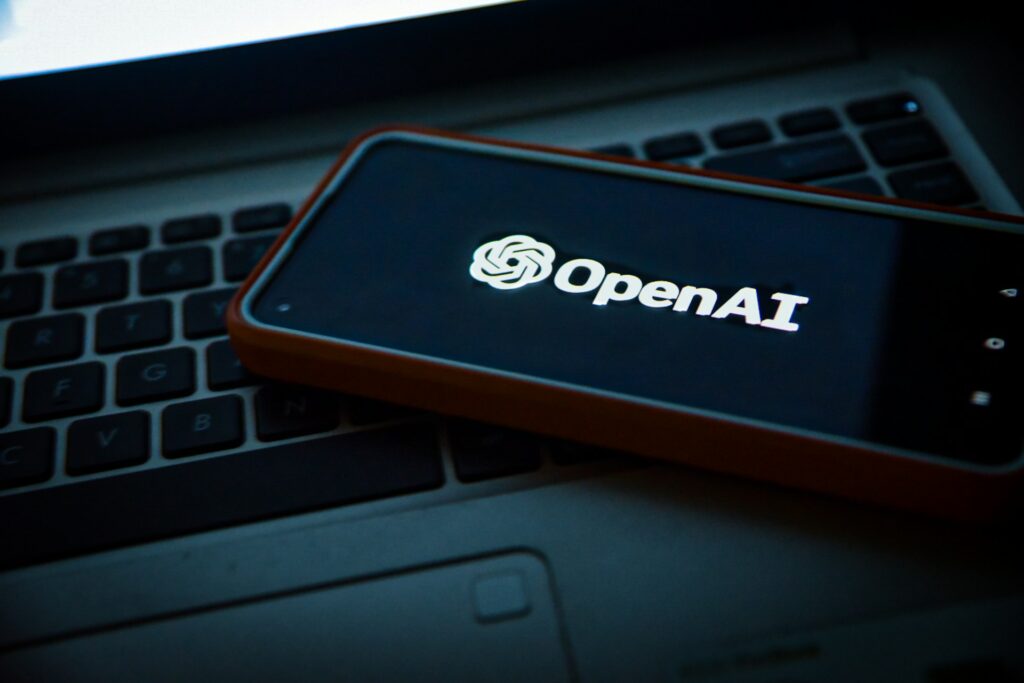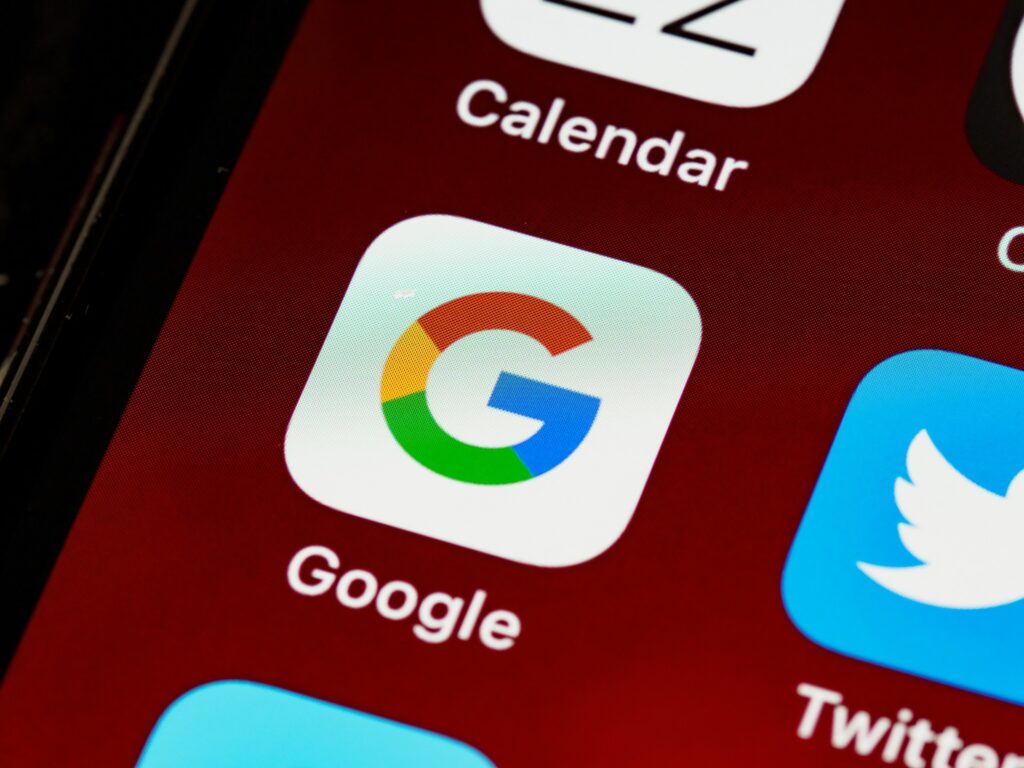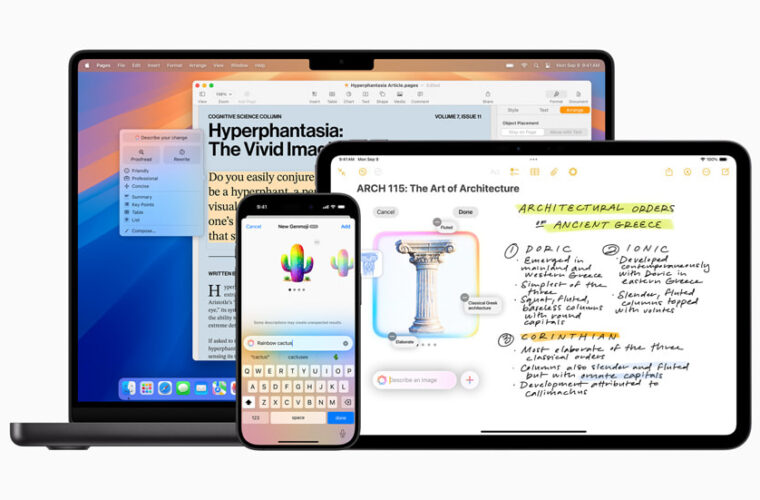A search engine with ChatGPT to offer a different alternative to Google and take market share from the leader in one of the most profitable segments. OpenAI‘s next move is to challenge on its own turf its strongest, richest and most influential rival, which, despite being part of the Alphabet holding company, remains the main business unit on whose revenues all other activities depend. So much so that in the first quarter of 2024 alone, Google earned more than $46 billion from advertising linked to the profiling of users of its search engine.
It may seem an insidious move to try to break a dominance that smacks of monopoly, with an 82% market share that is eight times Bing‘s slice of the pie (11%). However, the choice of OpenAI is not surprising, given that the main investor in the company led by Sam Altman is Microsoft, which has always been looking for solutions to create headaches for Google Search. This is a nail in the coffin for Satya Nadella, who has even stated in the past that he is willing to lose up to $15 billion a year to catch up with his rival by signing a multi-year agreement with Apple to impose Bing as the default search engine on iPhones and iPads.
The rumours about the search engine with ChatGPT have been circulating for several months, and in the last few days, they were revived by Bloomberg, which, thanks to a source informed about OpenAI’s plans, announced the imminent release of a function that would allow the AI chatbot to search the web and cite sources in its results. The novelty would allow users to ask ChatGPT questions and get answers, with results linking to website articles and images enriching the text. Attempting to emerge as a viable and innovative alternative for online search is almost a must for OpenAI, given the speed at which it is burning through money to train its AI models, not just textual ones, in the face of limited subscriptions to the paid version of ChatGPT.



The advantages of Gen AI search
Although it is still in its infancy and needs improvement, considering, for instance, that the free version limits its knowledge to January 2022, ChatGPT as a search engine version might be able to clean up search results from the poor quality caused by too much information on the web, which often ends up generating results of low quality or linked to advertisers’ priorities. Returning text, images and videos quickly, accurately and with sources could be a good starting point for the success of a search engine based on ChatGPT, which could prove to be the forerunner of a new frontier.
It is not only OpenAI targeting Gen AI search, but it is also a sector filling up with interesting players such as Perplexity, which allows users to get up-to-date answers to their questions. This is a significant difference because the advantage of an AI-based search engine is that it is not anchored to the training data of the algorithm and the information available on the web, which, compared to the content analysis and processing performed by the chatbot, allows the field from which to draw material to provide more accurate answers to queries to be expanded.
Why Google is still unreachable
In order to find more data to improve the development of the system, OpenAI is interested in finding excellent partners, preferably taking over from Google. For this reason, Altman’s company’s ultimate ambition would be to integrate the future search engine into Apple devices, taking advantage of the latter’s delay in developing its own AI solution. At the moment, however, it would be foolish to think that Google would risk a collapse of OpenAI’s search engine.
This is because Mountain View has been integrating AI features into the Search Generative Experience for some time now, but above all, Big G has invested so much in the development of Gemini. The large language model family already offers a wide range of possibilities to simplify and speed up many tasks, as demonstrated by the integrated features on the Pixel 8 Pro and Samsung Galaxy S24. What’s more, the combination of engineering prowess and vast financial resources means that Google will be able to look down on everyone for a long time to come.



